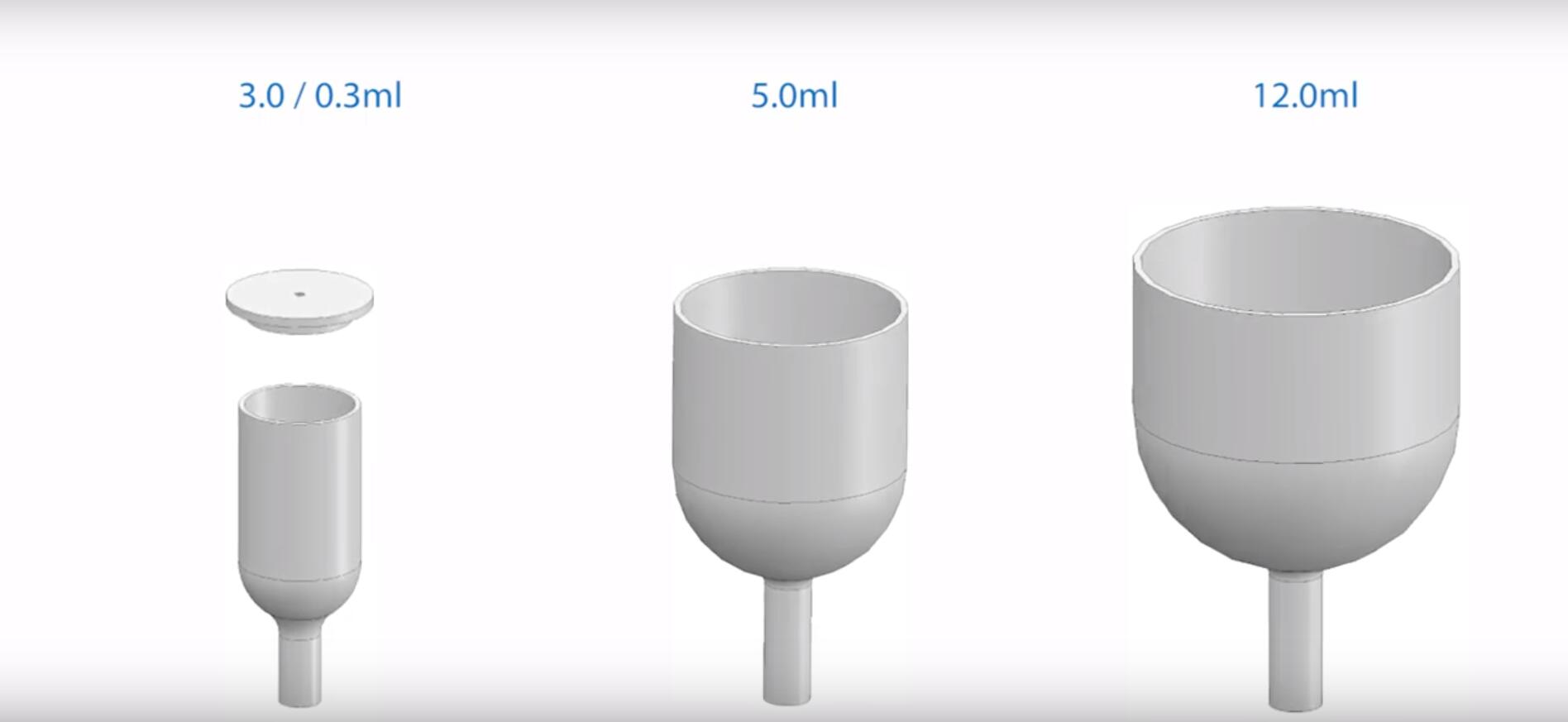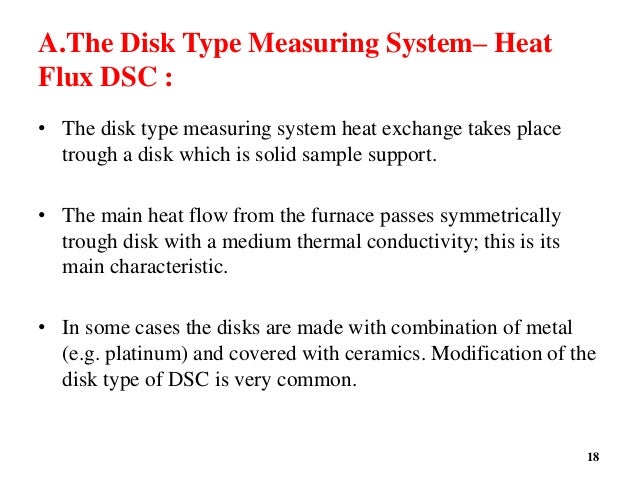A the term differential scanning calorimetry refers to both the technique of measuring calorimetric data while scanning as well as a specific instrument design.
Ceramic differential scanning calorimetry.
Ceramic glass.
Thermogravimetric analysis tga simultaneous thermal analysis tga dsc thermomechanical analysis tma dynamic mechanical analyzer dma hot stage microscopy systems.
Differential scanning calorimetry dsc chip calorimetry flash dsc high pressure differential scanning calorimetry.
Differential scanning calorimetry dsc is a powerful tool to address some of the most challenging issues in glass science and technology such as the nonequilibrium nature of the glassy state and the detailed thermodynamics and kinetics of glass forming systems during glass transition relaxation rejuvenation polyamorphic transition and crystallization.
Iv 2 12 was interpreted to exhibit a boiling range from about 250 to beyond 410 c of a mixture with some decompositions occurring in the vicinity of 320 c.
It does this by measuring the heat change associated with the molecule s thermal denaturation when heated at a constant rate.
Fire testing rheology differential scanning calorimetry thermogravimetric analysis simultaneous thermogravimetry.
The utility of the dsc technique.
A simple calorimeter just consists of a thermometer attached to a metal container.
Generally the temperature program for a dsc analysis is designed such.
Differential scanning calorimetry dsc is an analysis technique used to characterize the stability of a protein or other biomolecule directly in its native form.
A calorimeter is an object used for calorimetry or the process of measuring the pp size of chemical reactions or physical changes as well as heat capacity differential scanning calorimeters isothermal micro calorimeters titration calorimeters and accelerated rate calorimeters are among the most common types.
Differential scanning calorimetry was performed using a setaram micro dsc iii heat conduction scanning microcalorimeter setaram france.
Historically temperature transitions in materials were first seriously studied by the ceramic.
Both the sample and reference are maintained at nearly the same temperature throughout the experiment.
Stare excellence thermal analysis software.
The technique can be carried out with other types of instruments.
Differential scanning calorimetry dsc is a thermoanalytical technique in which the difference in the amount of heat required to increase the temperature of a sample and reference is measured as a function of temperature.
The 1 ml sample ampoules hastelloy c were allowed to stabilize at 25 c prior to the initiation of the scanning experiment over a temperature range of 25 100 110 c.



























